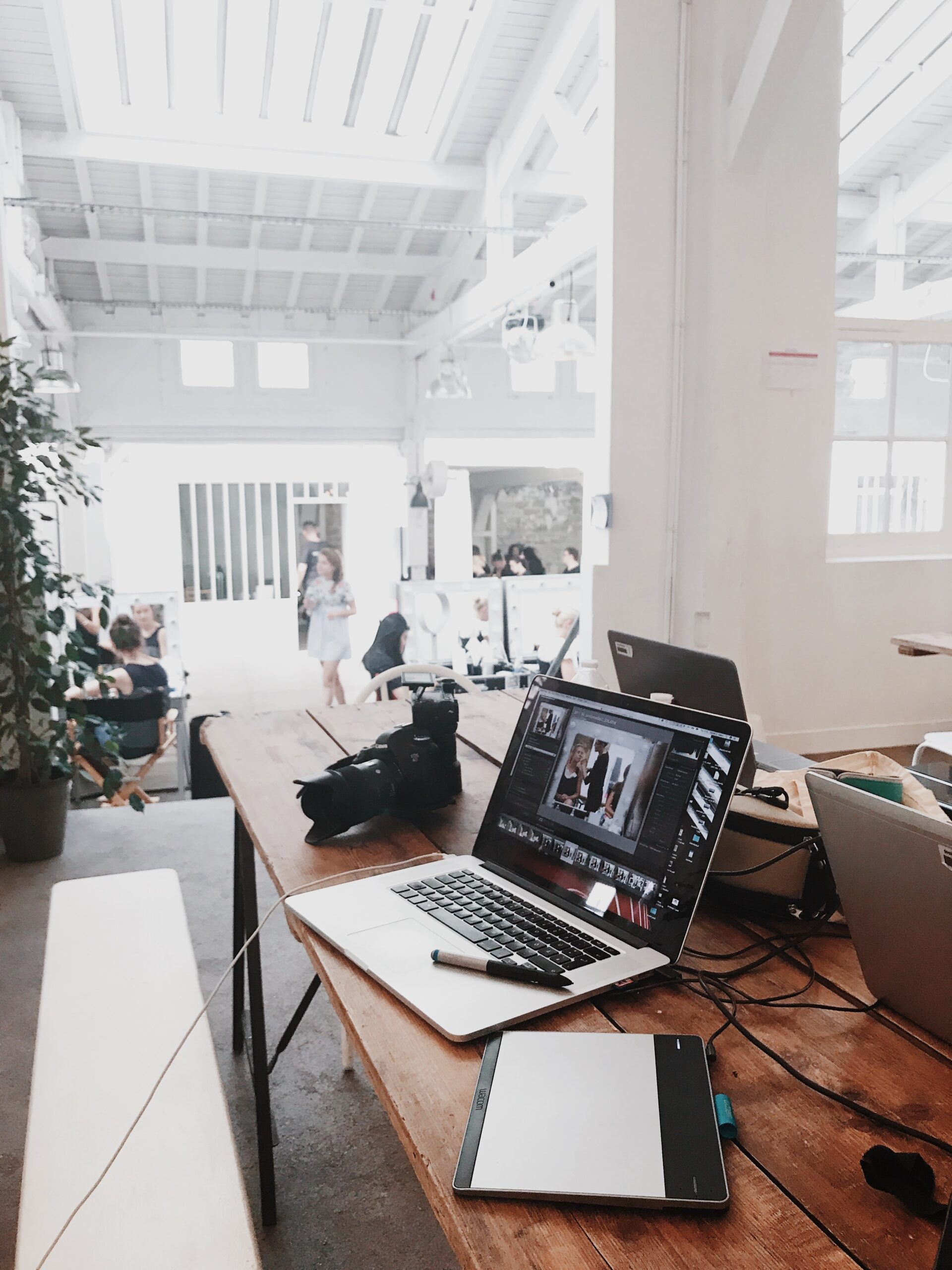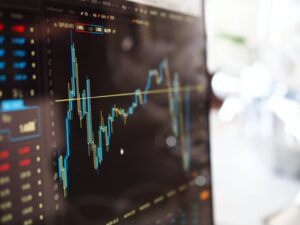I have been thinking about a certain subject lately now that I see the increasing changes in the people that joined the trading program in Inception Academy, they have all grown and understood complex and systematic methods so quickly I am honestly impressed; this brought me to think about all the time – and more specifically Opportunity Cost – that I had to pay in order to get on the right track and work within the right framework in trading and investing. Today I want to show you what I did wrong, what I wrongly focused on; and what I would have started with if only I knew the information existed.
The number one thing I would tell a younger me is first of all SAVE before you INVEST, this basic principle would have saved me a lot of headaches and pain! I – as most people do – started “trading/investing” as soon as I could get my hands on some cash, while this isn’t necessarily a bad thing, it definitely was a premature step as I had no previous education nor preparation on the subject; thus taking on that venture was definitely the wrong choice.
I would thoroughly recommend younger Gabriel to increase the work schedule in a sales or commission job like selling cars or waiting tables at a higher-end restaurant, where the objective monthly income would have been around $4,000-$6,000 at the age of 17-18 years old fresh out of high school, living with my parents back then would have kept my expenses at a minimum so that would allow for a very high saving rate! Of course I would also tell myself to forego on the partying, friends, going out, and spending on all unnecessary items and unearned luxuries to maximize my saving input. Whether you still live with your parents or are a broke college student, I think this one still applies today.
Where to put the money??
Now the logical next question after saving up is where to put all this money so that it is being productive and not just sitting there, earning very little interest if any. I would first of all tell myself to look into REITs and dividend stocks as a way to create a DRIP for myself and not have to worry about that account as I contribute to it. Another alternative would have been to place a portion into crowdfunding, more specifically into Fundrise (<– Click) where for very little capital and freedom to contribute as often as you’d like you can gain exposure to different real estate projects in growth eREITs and debt financing as well, the platform also allows for dividend reinvesting on returns averaging 8-12% annually; not bad when looking to park your savings. Moreover, I think the best feature is that you will be penalized if you withdraw your money before a period of 12-24 months; PLENTY OF TIME FOR YOU TO LEARN TRADING/INVESTING! I call this buying insurance from yourself as your money is safe while you learn and stop yourself from entering into speculative ventures in the markets.
What to study?
By far I have gained the greatest educational value from the CFA Program (<– Click), additionally you can read up on books like Reminiscences of a Stock Operator (<– Click) which describe the nature of speculative markets and how things have greatly changed over time by following that read with The man who solved the market (<– Click) which tells the story of arguably the most successful fund managers who only uses computer models and algorithms to place his investments!
Though apart from all the books, videos, documentaries, and online research; I can honestly say that the CFA has provided the highest value:
I would also recommend the Institute of Trading & Portfolio Management (<– Click) Ran by Anton Kreil, a retired trader who has worked at Goldman Sachs, JP Morgan, and other institutions. If you find these courses a bit pricey, write to me in the Let’s chat section (<– Click) and let’s see what I can do for you.
The courses over at ITPM are a great way to supplement the CFA and to get started with your trading and investing once you feel confident and have proven that you know what you are doing – specifically by raising your Kelly prospects -.
When can I live off trading?
People get this wrong all the time, TRADING IS NOT FOR INCOME.
All professional traders in the world work under the same structure, I don’t care if you work at a massive Hedge fund or Investment Bank, you will always sign up for a basic salary of $X and an end-of-year bonus. So if you are thinking of making X and withdrawing Y every month you are highly mistaken, let alone on a weekly basis. Trading is a very volatile business and having an expected monthly income will only ruin your decision making and life quality, trust me I’ve gone down that route.
What you ought to do in my opinion is build up your account over time, by being a good trader (demonstrated by your Kelly prospects) and being financially disciplined (forgetting the traveling and unearned luxuries, also cutting people off when they don’t add to your life); you will slowly but surely contribute on a frequent basis and earn returns on those contributions. Once you build up to a certain point, then you can operate like any other bank or fund:
1. Determine your monthly/annual needs: You need to understand how much you need to spend in order to live and have a cushion over that for unforeseen expenses, gifts, sickness, etc. Once you have this number that will become your basic salary in your own fund, for simplicity let’s say you only need $50,000.
2. Figure out how much you need in your “fund”: We do this by taking our track record (upon which we built our Kelly prospects), which will most likely give us an approximation as to how much we can expect to generate as a % year-on-year, for simplicity say 40% – which is closer to average than you think -.
You now figure out how much you need in a fund in order to make 40% and live off it based on your $50,000 annual needs. In this case you need $175,000 approximately. Say you start the year with $175,000 and you withdraw your basic salary of $50,000 and your fund is now $125,000 with an expected return of 40%. $125,000 x 40% = $50,000.
So if you can save up to $175,000 and withdraw your basic salary and stretch it over 12 months in order to dedicate all your time to trading and generate 40% ***(given, no pressure to make ends meet every month which leads to bad trading decisions)*** then by next year you will have your $175,000 once more and do it all over again – of course in our hypothetical example there are no taxes -. Now if you generate say 60%, then you can treat that extra as your end-of-year bonus or simply reinvest it for a higher basic next year!
3. Realize you will probably need to expand: As you can probably see by now, it can take years to live off trading alone and even more time to be able to expand your basic income. This is where expanding comes in and the beauty of this business, by expanding I mean raising investor money!
What if your track record and Kelly are good, you have been following step 2 for a while and present those results to wealthy individuals looking to put their money to work? If they can reason with your strategy and record they will happily hand over a decent amount of money for your to manage.
At this point your Basic can increase, and you will probably make a percentage of what you make your investors; thus adding to your end-of-year salary. You get the story from there!
Conclusion
All said and done, I would tell myself, and am hereby telling you to FOCUS on your education and protect your capital, capital which will be raised by you making better personal and financial decisions along the way.
Once you get the money and education with a good record and understanding, put it to work and trade! don’t quit your job just yet though.. You need to build up your account by depositing and contributing every month or so and make returns on those contributions in order to speed up the process, quitting your job will only hinder this.
Once you have built up your account to meet your basic income requirements based on your expected performance from your track record, quit your job – or at least go part time – and start making trading your main job so that you can get paid at the end of the year again.
Finally, expand when comfortable in order to increase your income and fully enjoy the benefits this business has to offer!
Be wise, be patient; good luck!
Gabriel Osorio-Mazzilli

